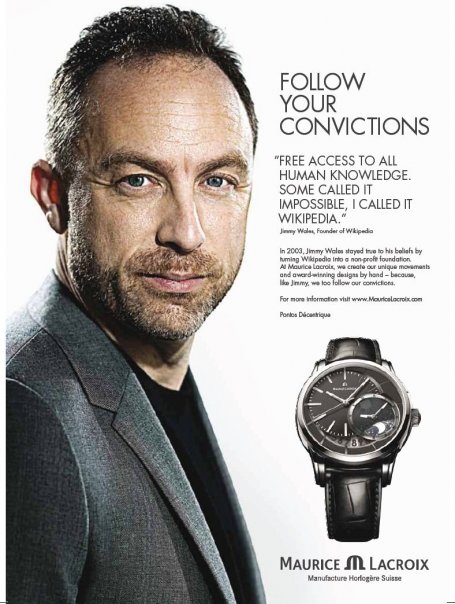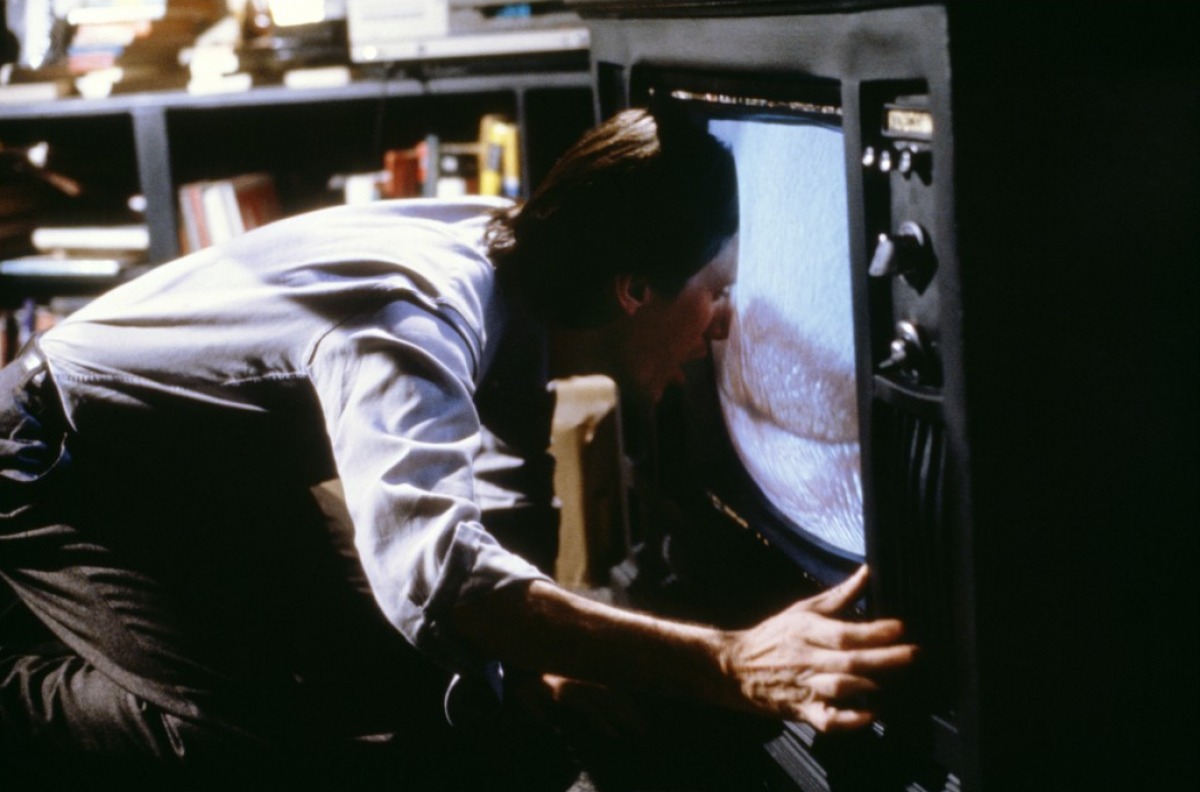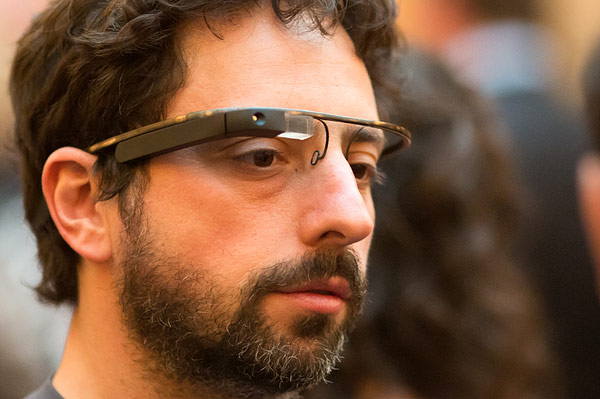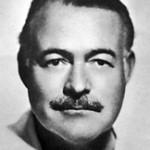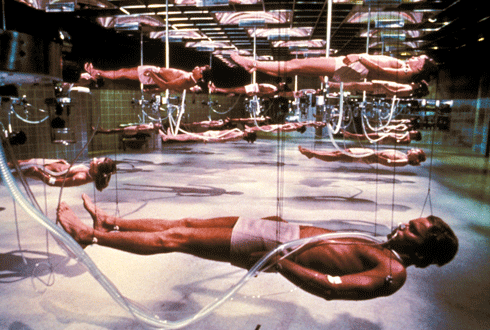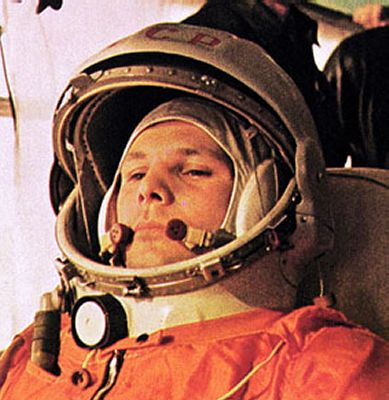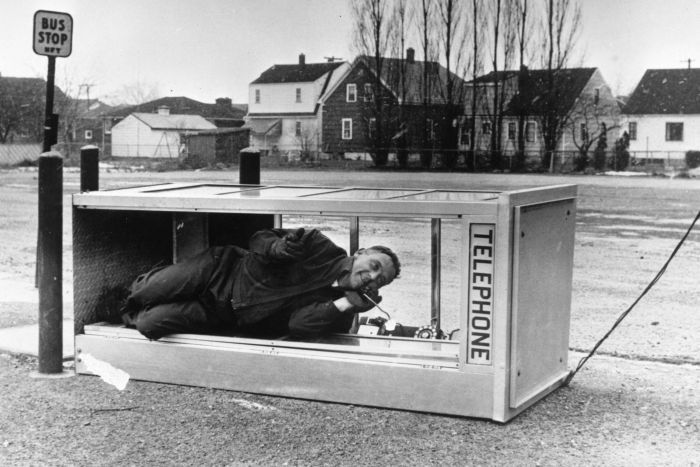
Two Q&As about our leaker culture, in this time when no one–and no entity–is truly private: Edward Snowden taking questions from Guardian readers, and Russell Brand explaining at Gawker why he’s been speaking in support of Bradley Manning.
__________________________
From Snowden’s Guardian interview, moderated by Glenn Greenwald:
Question:
US officials say terrorists already altering TTPs because of your leaks, & calling you traitor. Respond?
Edward Snowden:
US officials say this every time there’s a public discussion that could limit their authority. US officials also provide misleading or directly false assertions about the value of these programs, as they did just recently with the Zazi case, which court documents clearly show was not unveiled by PRISM.
Journalists should ask a specific question: since these programs began operation shortly after September 11th, how many terrorist attacks were prevented SOLELY by information derived from this suspicion-less surveillance that could not be gained via any other source? Then ask how many individual communications were ingested to achieve that, and ask yourself if it was worth it. Bathtub falls and police officers kill more Americans than terrorism, yet we’ve been asked to sacrifice our most sacred rights for fear of falling victim to it.
Further, it’s important to bear in mind I’m being called a traitor by men like former Vice President Dick Cheney. This is a man who gave us the warrantless wiretapping scheme as a kind of atrocity warm-up on the way to deceitfully engineering a conflict that has killed over 4,400 and maimed nearly 32,000 Americans, as well as leaving over 100,000 Iraqis dead. Being called a traitor by Dick Cheney is the highest honor you can give an American, and the more panicked talk we hear from people like him, Feinstein, and King, the better off we all are. If they had taught a class on how to be the kind of citizen Dick Cheney worries about, I would have finished high school.
__________________________
From Gawker‘s Brand interview, conducted by Camille Dodero:
Gawker:
Why are you talking about Bradley Manning on your birthday?
Russell Brand:
I don’t know a great deal about international espionage, but sometimes one senses that an issue is drifting in a certain direction, and just by speaking out in a small way, you can make a subtle difference on that perception. Some people have made their mind up no matter what: “Bradley Manning is a traitor because of revealing classified information.” It’s very difficult to impact those people. W.B. Yeats said, The best lack all conviction, while the worst/Are full of passionate intensity. But it might be nice, if I, from my gentle position—bouncing around on the Left elegantly and Englishly—suggest that it doesn’t seem like this person is acting particularly out of self-interest, but rather [Manning] was motivated out of a different kind of patriotism: a genuine love of the people of this country and concern for the people.
Gawker:
So what’s your realistic expectation when you lend your name to a campaign like this?
Russell Brand:
That you’ll get a a degree of abuse from people who are intrinsically opposed. The best you can do is draw the attention of people who are otherwise unsure or curious.
The culture has been expertly constructed so that what’s now regarded as esoteric information is everything except for stuff that directly concerns Kim Kardashian. So everything other than that, you might as well be speaking Aristotle in Greek. For me, I live, to a degree, in popular culture. So if I say, “Oh, that Bradley Manning seems that he was really trying his best to expose information he thought was important to American people regarding what was being done in their name,” all I’m hoping is that people who would otherwise entirely ignore it may have a flickering awareness, and some who would have had a flickering awareness would investigate further.•




